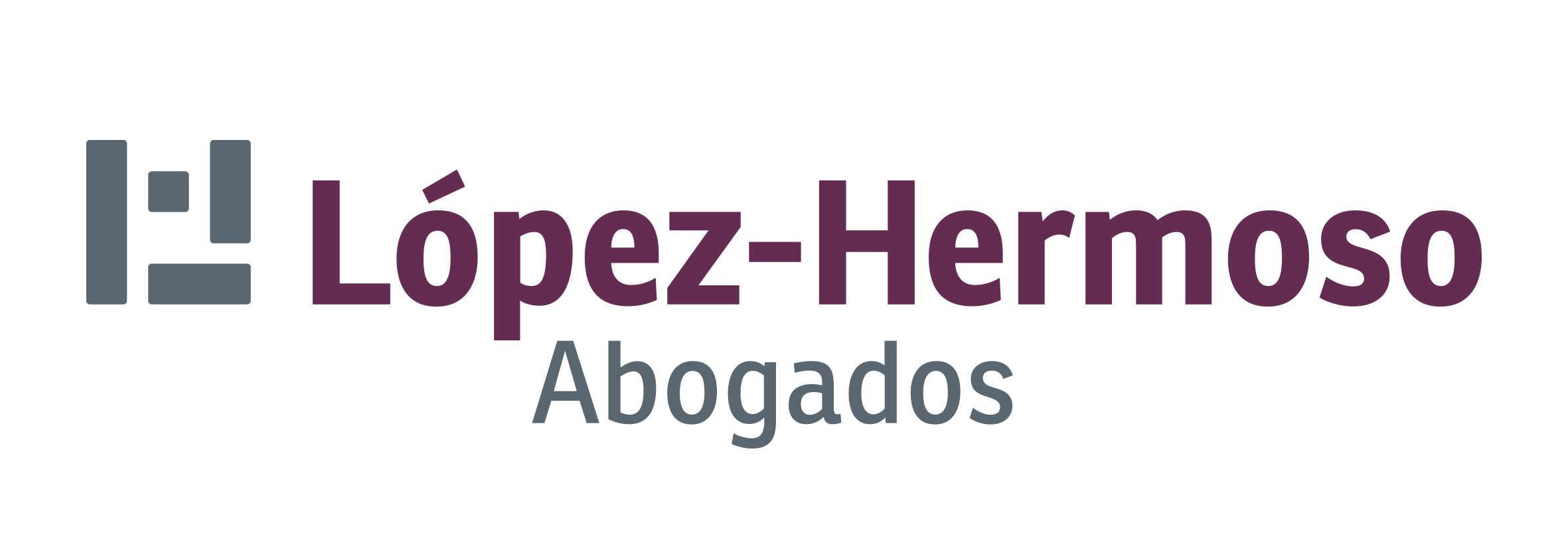What are the key aspects to be considered in Spanish M&A deals after the pandemic?
There is no doubt that the market we will find in M&A transactions will be very different from the one we were used to before the pandemic. Thus, new risks and contingencies need to be reevaluated and assessed in order to thrive into the unknown. We will have to wait until the Spanish M&A market reactivates. Most realistic forecasters rely upon the end of 2020 as a possible time for take-off. In this context it is important to highlight several circumstances that are going to be part of post Covid 19 everyday negotiations, as hygienic gloves and masks are part of our lives now.
As the experts say, the market we will encounter after the effects of the pandemic have crystalized will benefit buyer’s interests. Market will go from being pro vendor to pro purchaser, with new treatment of certain variables:
Pricing considerations and adjustments will have to be reassessed in order to equilibrate short- and long-term revenue expectations. Uncertainty plays an important role in pricing during these times. Therefore, purchasers might want to reconsider their valuation procedures and establish performance-based purchase mechanisms, such as earn-outs, in order to have a more accurate picture of post closing target company.
As these trends could develop, vendors shall need to incorporate mechanisms in order to ensure post closing covenants to reflect real information about target operations and audit rights.
It will also be important to redirect pricing adjustment mechanisms in order to see if, for instance, working capital forecasts are still valid and may pass a pandemic stress test or any other force majeure event that now does not seem so unreasonable. Other fixed pricing methods, such as locked-box mechanisms, will need to be carefully measured, since given the current uncertainty, in one week the valuation model may be obsolete.
Financing needs will have a huge impact in the profitability of the transaction. Financial covenants and need for extra securitization seem to be a must for the funding of certain transactions in the near future. Purchasers will face a more hostile environment from lenders and vendors, which will translate into more onerous conditions and the proliferation of parental warranties in order to secure payment obligations.
Representations and Warranties will no longer be the same due to the effects the pandemic has had in the everyday operations of target companies. Apart from operative difficulties during revision, Covid 19 pandemic has brought a huge challenge for business and legal teams in terms of W&I. Extreme circumstances usually require extreme measures. The agility with which many boards have taken actions might bring along hidden legal consequences in the upcoming years. Additionally, regulations have been modified daily during the pandemic, hence no precedents are available in order to weigh the effects of the measures implemented alongside these regulations. What are the effects of the Employment Regulation File granted by positive silent going to be in 3 years time? How many material agreements have been breached without complying with force majeure or rebus sic stantibus under Spanish law?
Obviously, W&I insurances will become even more important players in the market than ever before. However, the needing for deeper understanding of these risks and the business beneath them will have an impact on the DD process, in which the SPA will be scrutinized for W&I potentially affected by the pandemic. Deeper enquires shall be raised by Insurers in order to fully understand the impact the pandemic has had on target business.
Be aware of the new conception of Material Adverse Effect and change provisions. New language shall be added to these provisions in order to ensure pandemic and other catastrophic events are addressed (included or excluded) under the SPA.
Regulatory issues might dramatically influence timing, as longer transaction timelines and delays in the processing of regulatory approvals between signing and closing. M&A transactions can be expected.
Interim period to be reevaluated and prevention plans executed. “Ordinary course of business” may not be a suitable standard anymore for interim period obligations. Therefore, extra efforts shall be allocated into the interim period regulation, in which higher flexibility shall be expected in order to deal with extraordinary events. Purchasers may consider shields to address COVID-19-related risk including, for instance, covenants relating to working capital, liquidity and potentially elevated interim period reporting obligations. Vendors shall fight for flexibility.
Closing matters and termination rights to be included in several scenarios. Closing circumstances are expected to take longer as well (consents, approvals, financing etc.). Therefore, the risk of failing to close the deal shall be allocated according to parties’ desires. Outside dates provisions will have more importance than ever before. Closing planning and operative needs (such as travels, personal or electronic signatures) shall be treated in advanced, fostering, to the extent possible, e-closings and exchange of electronic signature pages.
It is not difficult to say that nothing will be the same in the Spanish M&A market after the pandemic. However, such differences have to be systematically treated and analyzed in order to face new market trends, interests and, obviously, opportunities.
Ignacio López-Hermoso
Corporate and M&A Lawyer
➡️For more info, you can contact us via LinkedIn, our website or directly chat with Ignacio by ilh@lopezhermoso-abogados.com or 0034 629 52 60 65.

